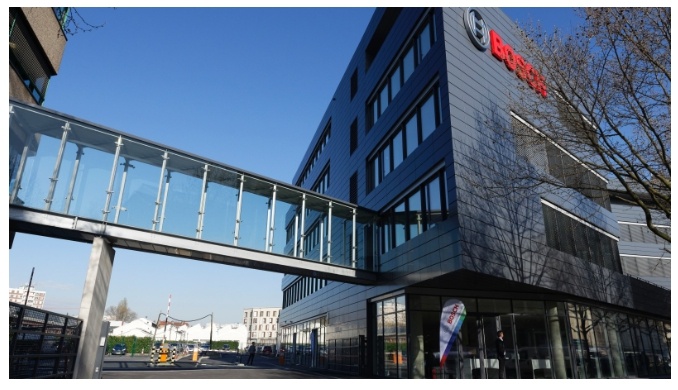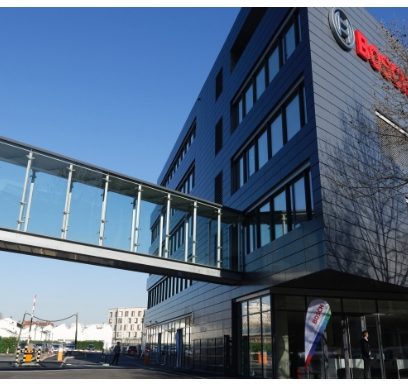The holding of a symposium dedicated to air quality around the world was an opportunity for the automotive supplier to confirm an ambitious plan that aims to reduce the environmental impact of the company.
Two plans for an ambition. In addition to its program called Vision Near Zero Immission, which aims to offer “clean” mobility solutions, the Bosch group has presented a two-part roadmap that will lead the equipment manufacturer to achieve carbon neutrality by 2020. This project The global dimension of the company was detailed at a symposium on air quality organized by Bosch France in Paris on November 7, 2019.
The commitment is clear, from 2020, all 400 Bosch sites in the world will leave no CO2 footprint. The group will therefore tackle the entire value chain, from engineering to production through administration. To this end, several areas have been planned, including improving the energy efficiency of factories, transforming buildings, purchasing green electricity in the short term and offsetting residual CO2 emissions.
This commitment is a continuation of the initiatives taken since 2007. While Bosch still emits the equivalent of 3.3 million tonnes of CO2 per year, this level is already 35% lower than the group initially displayed. The ambition of carbon neutrality from 2020 will therefore depend on the purchase of 100% green electricity. ” The supply of green electricity, the offset of CO2 emissions and the use of renewable energy will generate for the group additional costs of one billion euros by 2030, ” said the equipment manufacturer.
During the next decade, the projects will generate many projects and German plans to release a budget of one billion euros. In particular, Bosch wants to enter into exclusive long-term supply contracts with new wind and solar farms around the world, to cover 40% of the energy needs by 2030. The Nashik and Bidadi sites in India will be perfect examples of the use of photovoltaic panels. In the end, it is planned to increase the capacity of its own green energy production over the next ten years. In the end, Bosch estimates it can save 1 billion euros.

